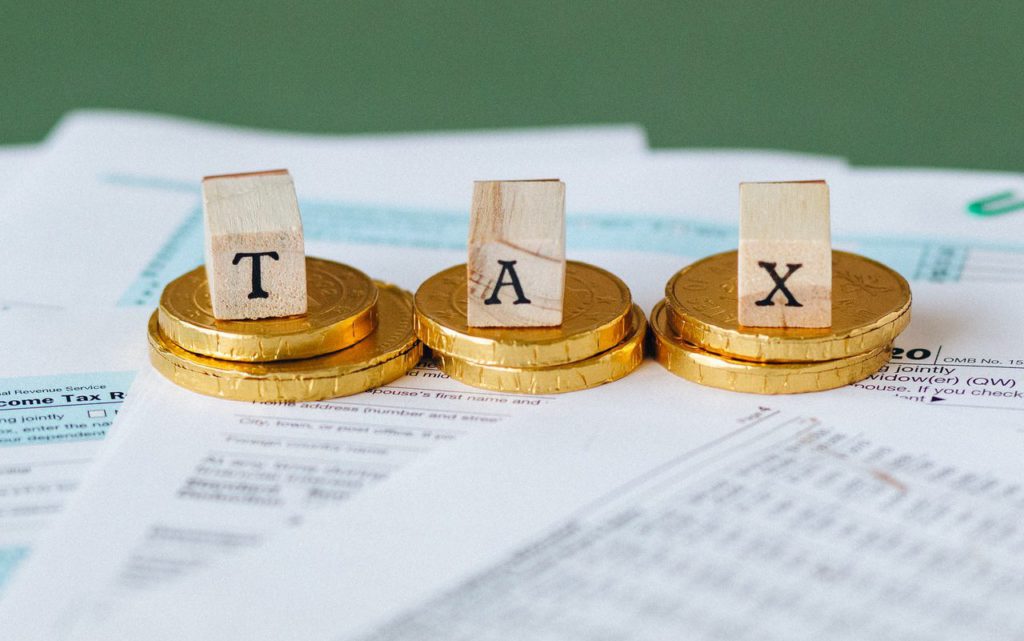
Excise tax is implemented on specific products or services such as fuel, tobacco, alcohol, etc. The customers do not have to pay the tax directly; instead, the producers or suppliers then apply it to the product price.
The excise tax is imposed on specific products to discourage buyers from discontinuing their purchases. The excise taxes are paid at the point of sale, just like a sales tax, but excise taxes differ from sales as these are applied to specific goods and services only.
The Excise tax is taken as a percentage of the total cost for goods or services or taken as a fixed amount. For example, an excise tax on a vehicle will be applied as a percentage taken for its total cost, and an excise tax on tobacco will be taken as a fixed amount.
What this article covers:
- Deeper Definition of Excise tax
- Example of Excise taxes
- Who pays the Excise tax?
- Excise tax vs. Sales tax
Deeper Definition of Excise tax:
The revenue collected from excise taxes should be given to legal authorities such as the state or federal government.
Excise tax can be charged in two ways depending on the product or service:
- Percentage of the total cost (Ad Valorem): Ad Valorem is Latin for “according to value.” When the total cost of a product or service is determined, the excise tax is charged in the form of a percentage taken off the total cost. For example, a 7.5% excise tax is charged on the total cost of airfare.
- Flat tax per unit (Specific): in this way, the excise tax would be levied on items per unit. For example, an excise tax is imposed per gallon of gasoline sold.
These taxes may not increase the profits for the companies producing or selling these specific goods or services but may rather impact customers’ sales or consumption.
Example of Excise Taxes:
Following are the examples of Excise tax imposed by the Federal Government:
- Airfare: Percentage excise tax
- Tobacco Products: Per unit excise tax
- Alcohol: Per unit excise tax
- Diesel and Gasoline: Per unit excise tax
- Firearms and ammunition: Per unit excise tax
- Indoor tanning Services: Percentage excise tax
- Sportfishing equipment: Percentage excise tax
Excise taxes on retirement account activities are charged as penalties. It’s a percentage of tax (depending on the government of every country) that is charged as a penalty if an investor makes a withdrawal before reaching the age of 59.5.
As we have discussed before in the article, the excise tax is levied on some discouraging products for customers to purchase. This tax is also known as the “Sin tax.” discouraging products, for example, the excise tax imposed on cigarettes and alcohol is sin taxes.
Who pays the Excise tax?
Excise taxes are implied on the producers or suppliers for making or delivering specific goods/services, so they are responsible for it. Most customers do not know that they are paying any taxes on the product or service they are purchasing, as the suppliers include the taxes in prices rather mentioning them separately. So the producers/suppliers have to collect the amount of excise tax as required by the government and have to provide proof when filing tax returns.
There are certain exemptions to paying excise taxes. Non-profit organizations, government organizations, and emergency service providers are exempt from certain excise taxes in some situations.
Excise tax vs. Sales tax:
Excise and sales tax are both collected at the sales point, but both taxes differ. Excise taxes are not directly mentioned with the price of the product or service and are charged indirectly, whereas sales tax is mentioned separately with the price of the product or service.
Excise tax is levied on products that are harmful or associated with some health issues, while Sales tax is charged on a large number of products.
Sales tax is calculated as the percentage of the total sales price. For example, if you buy a bottle of juice or a bar of chocolate, you can check that with the sales price, there is a percentage mentioned as sales tax that you pay additional on the sales price. The government sets this sales tax percentage.
Excise taxes usually imply paying per unit tax before the purchase of the specific product; for example, a pack of cigarettes In New York containing 20 cigarettes has imposed a tax of $4.35 other than the base price of the pack.
Browse our blog for more useful resources for your small business.
Related Articles:
